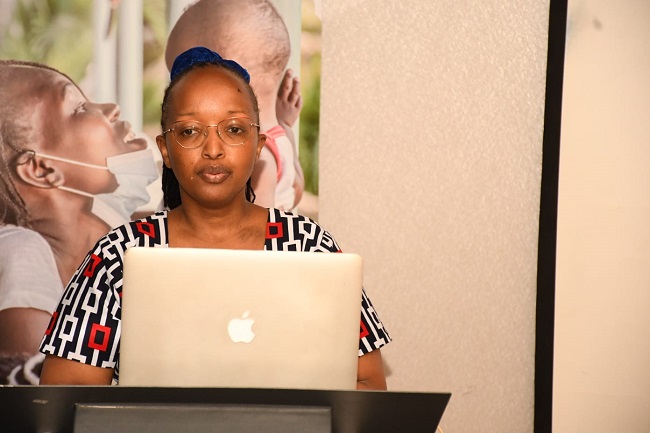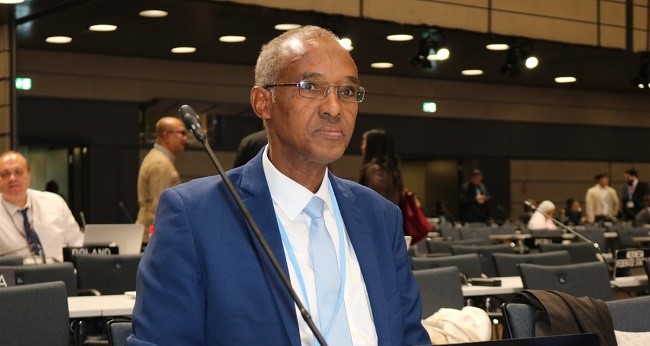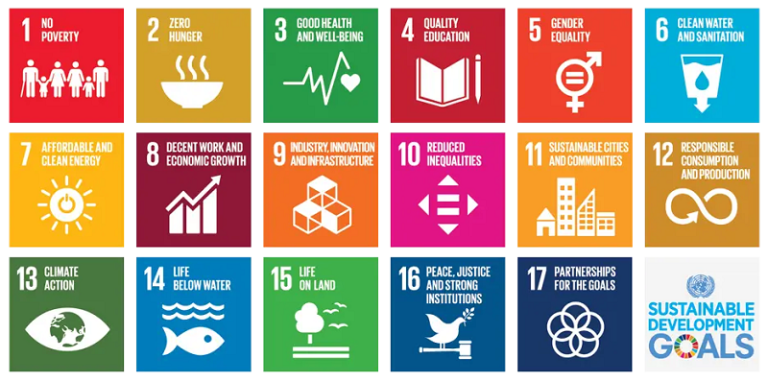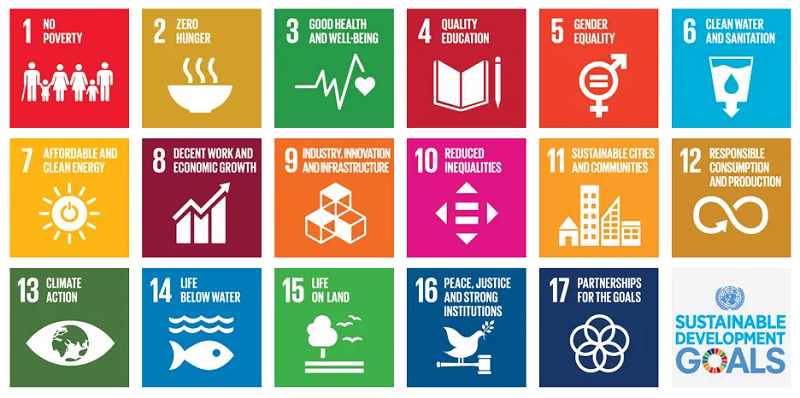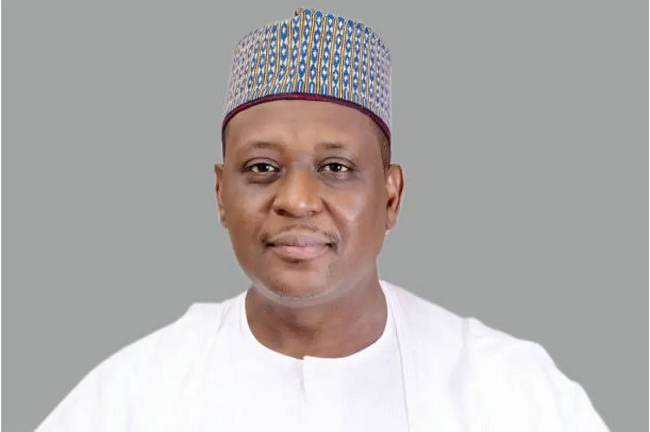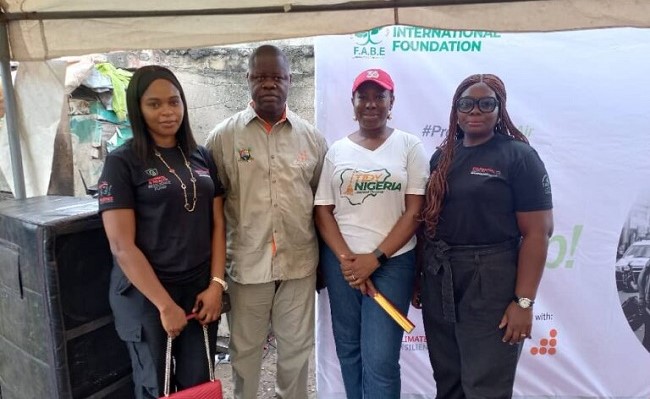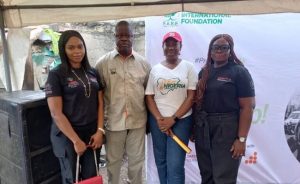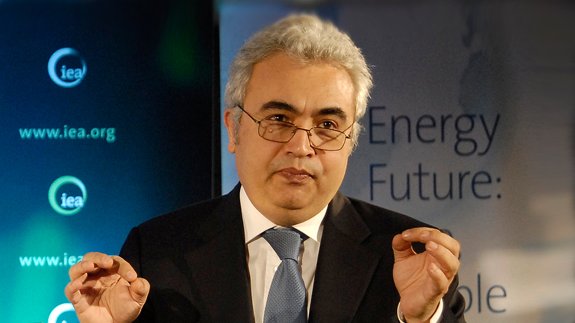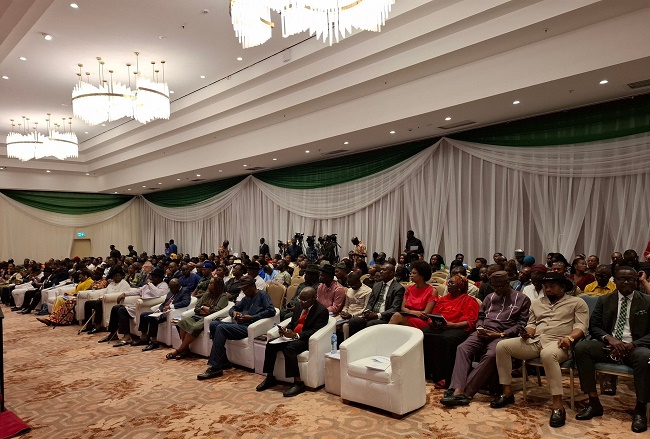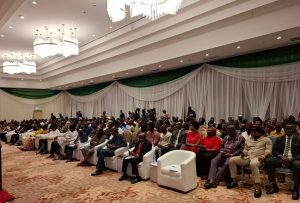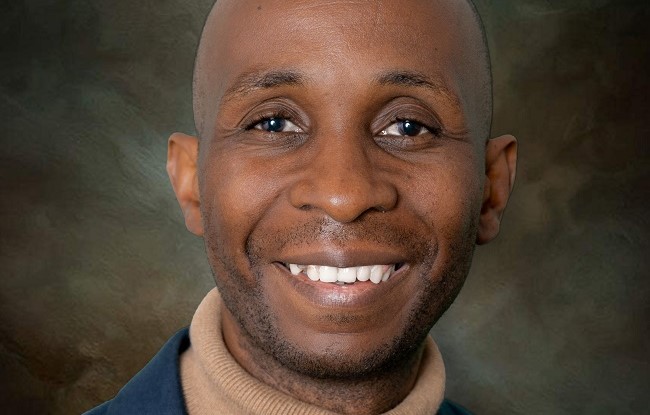Massive investment in tertiary institutions of technologies by way of provision of subsidised credit from National Development Banks and other measures will go a long way in improving Nigeria’s technology drive towards attaining sustainable development.
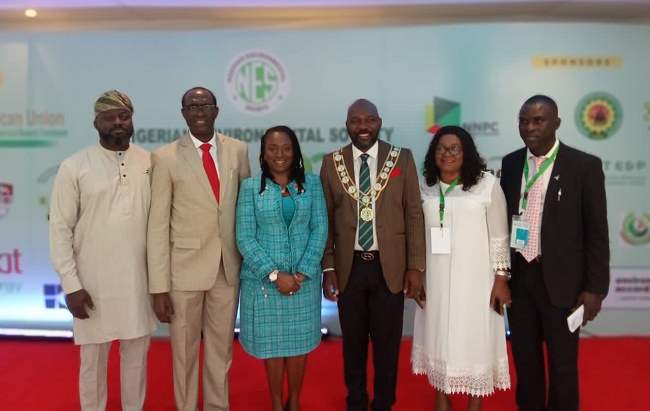
Olanrewaju Fagbohun, a Professor of Environmental Law, made this submission on Wednesday, October 30, in his keynote address at the 33rd National Conference and Annual General Meeting of the National Environmental Society (NES), tagged “Eko 2024”.
Prof. Fagbohun who is also a former Vice Chancellor, Lagos State University (LASU), noted that, to make this achievable, government must provide reliable and affordable electricity, substantial investment in infrastructure, public guarantees of risk insurance incentives that can lower upfront costs, such as subsidies, rents, green bonds with preferential rates, policy consistency over the long term, and also deliberately remove barriers improving coordination and abiding related policies.
According to him, the event, themed “Environmental Resource Management, Conservation and Protection in the Global Emerging, Innovative Technology for Sustainable Development”, reflects the present challenges and opportunities of our time.
In his remarks, Babajide Sanwo-Olu, Governor of Lagos State, lauded the NES for its efforts in environmental protection, sustainable development and the advancement of environmental professionalism within Nigeria and beyond.
Governor Sanwo-Olu, represented by Dr. Oreoluwa Finnih, Special Adviser on Sustainable Development Goals (SDGs), disclosed that “this year’s theme is highly relevant to our current reality because It’s a call to responsibly manage and protect natural resources using advanced technology to achieve sustainable development. Today, the need for Environmental Resource Management, conservation and protection has become urgent and complex as populations grow and industrial activities increase, and natural resources face unprecedented pressures, and therefore responsible management of these resources is essential.
“Lagos is 0.1% of the landmarks of the entire country and 10% of the population of the entire country lives here. It’s 3500 square kilometres, 20% of that is water. Therefore, the Lagos state government takes environmental matters very seriously, as it has no choice but to do so, the approach requires strategic planning, intentional stewardship and a commitment to practices that balance human needs with ecosystem health, ensuring these resources remain vibrant and available for future generations. Other administration, Lagos State has made significant strides in advancing environmental sustainability and setting new standards for urban resilience across Africa.
“Facing the challenges of rapid organization and climate change, we are committed to innovative policies and strategic programs that aim to build a cleaner, greener and more sustainable lakes. Our first major area of focus has been waste management through the Lagos Waste Management Authority, (LAWMA), we have expanded waste collection efforts, launched the Blue Box Recycling Initiative, and implemented Waste to Energy Buildings. These initiatives are reducing our reliance on landfills and fostering a circular economy that benefits both the environment and our people.
“Lagos is also proud to be one of the few African cities with a climate action plan. For those who don’t know, we have also launched action plan in the middle of this year, and it is aimed at achieving net zero emissions by 2050, this ambitious plan includes clean public transportation, renewable energy development and sustainable urban Planning, all of which reflect our commitment to reducing greenhouse gas emissions and enhancing climate resilience.
“Additionally, we have prioritized greening and reforestation efforts, planting thousand trees annually and encouraging citizens to participate through initiatives like one house one tree programme, these efforts are essential for improving air quality and reducing urban heat, both crucial for the well-being of our communities. Recognising our vulnerability to flooding, we have also invested significantly in sustainable drainage systems and shoreline protection to better manage water and reduce flood risks. Equally important is our commitment to fostering a culture of sustainability through public awareness campaigns such as the cleaner Lagos, initiated by engaging residents, schools and businesses in environment stewardship among others.”
In his submission, Dr Efegbidiki Okobia, National President, National Environmental Society (NES), stressed that the 33rd National Conference and Annual General is aimed at bringing environmental consciousness and sustainable projects into the fore.
He, however, charged all stakeholders to join hands with NES in maintaining its position as the foremost environmental watchdog in Nigeria.
Dignitaries that graced the occasion include Dr. Eugene Ituah, Prof. Babajide Alo, Dr (Mrs) Mfon Usoro, Dr. Dorothy Bassey and representatives from states across the country, among others.
By Ajibola Adedoye

